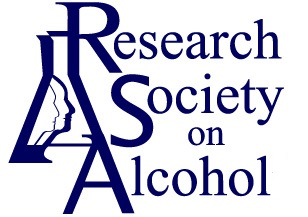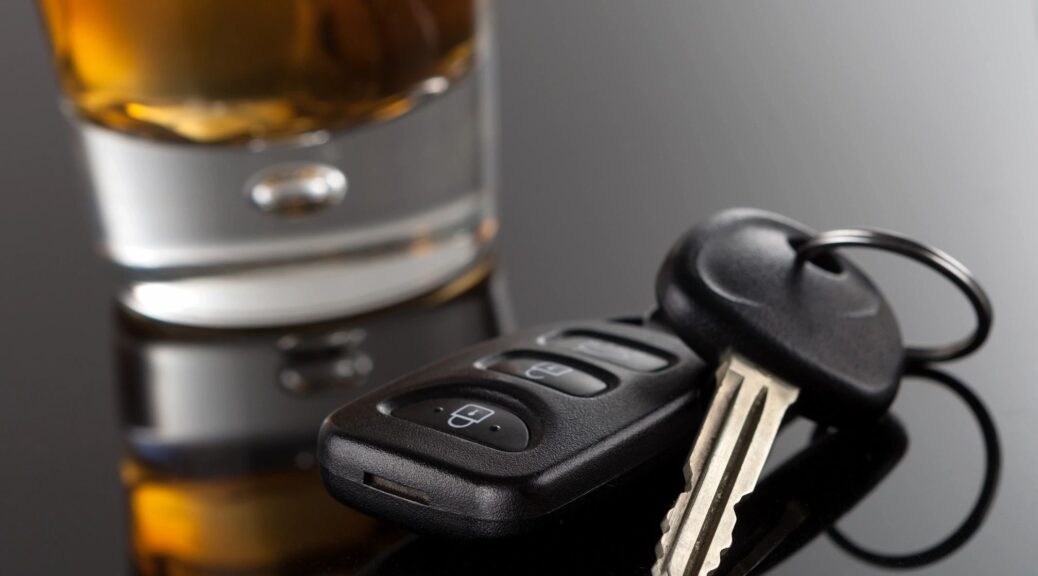B-SMART: RESULTS OF A WEB APP FOR DWI OFFENDER FAMILIES
Driving while intoxicated (DWI) remains a preventable source of morbidity and mortality in the United States. The Ignition Interlock Device (IID) requires a driver to blow into a breathalyzer installed in a vehicle to establish sobriety and reduces drunk driving while installed. The use of IIDs has become widespread. Most states now require DWI offenders to install IIDs in their cars.
However, once IIDs are removed, DWI recidivism levels return to those similar to offenders who had no IID installed. The B-SMART app has been systematically developed for DWI offenders and their Concerned Family Members (CFMs) to extend non-intoxicated driving beyond the IID installation period.
B-SMART Module Topics
- Life with the Interlock – orientation to Ignition Interlock Devices
- Family processes to support changes in drinking
- Effective communication skills for families
- Finding family activities that do not involve alcohol
Results of a randomized trial of the B-SMART app on a variety of alcohol consumption, IID, and family communication variables were reported by Dr. W. Gill Woodall, Klein Buendel Senior Scientist, at the 46th Annual Research Society on Alcohol Scientific Meeting held in Bellevue, Washington on June 24-28, 2023.
Study participants, who were pairs of DWI Offenders and CFMs, were randomly assigned to receive the B-SMART web app or an available IID information page from the New Mexico Department of Transportation (Usual and Customary/UC condition). Participants were assessed at baseline, 3 months, and 9 months.
Analyses of alcohol consumption variables yielded two results on alcohol quantity frequency with available data. For average drinks per day during the last 30 days at the 3-month assessment, a near significant between groups difference was detected such that client participants in the UC group reported significantly higher drinks per day when drinking than B-SMART intervention client participants. A second alcohol consumption effect was found for reported average drinks per week, where UC participants reported increasing average weekly drinking from baseline to 3-month follow-up, while intervention participants reported no significant change in average drinks per week from baseline to 3-month follow-up. Results suggest that the B-SMART app may improve outcomes for DWI offender families.
This research was funded by the National Institute on Alcohol Abuse and Alcoholism (AA022850; Dr. W. Gill Woodall, Principal Investigator). Dr. Woodall’s scientific collaborators include Dr. Barbara McCrady and Dr. Vern Westerberg from the University of New Mexico, and Ms. Julia Berteletti, Ms. Marita Brooks, and Ms. Lila Martinez from Klein Buendel.



